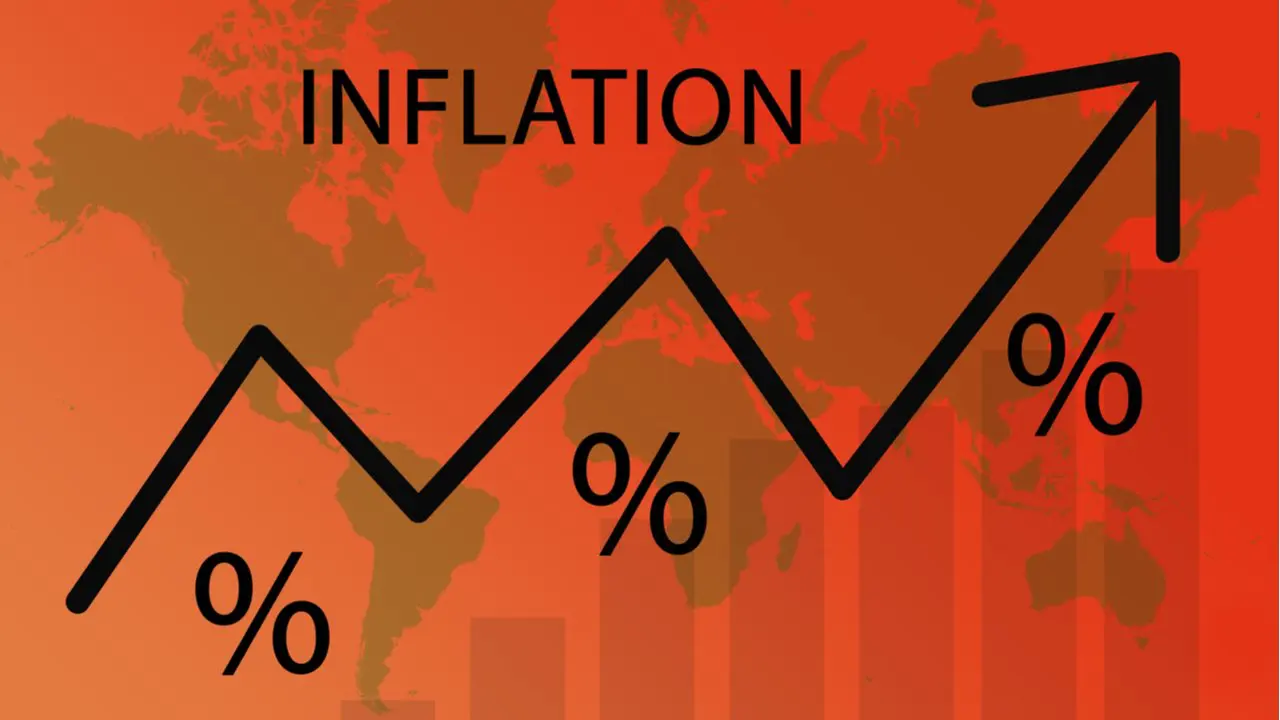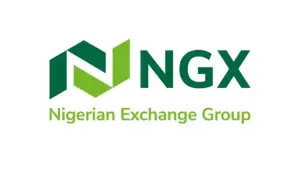Nigeria's headline inflation rate has dropped to 22.22 percent in June 2025, down from 22.97 percent recorded in May, according to the latest Consumer Price Index and Inflation Report released by the National Bureau of Statistics (NBS) on Wednesday.
The report indicates a 0.75 percent decrease in the headline inflation on a month-on-month basis, continuing a positive trend for Africa's largest economy.
However, food inflation showed an increase, rising to 21.97 percent in June from 21.14 percent recorded in the previous month, suggesting that Nigerians may still be facing challenges with food prices despite the overall inflation decline.
This marks the fifth consecutive decline in Nigeria's inflation rate since the Consumer Price Index was rebased in January 2025, indicating a potentially stabilizing economic environment.
Disconnect Between Statistics and Reality
Despite the positive figures released by the NBS, many Nigerians continue to experience high prices of goods and services across the country. This apparent disconnect has drawn criticism from economic experts.
Okechukwu Unegbu, former President of the Chartered Institute of Bankers of Nigeria, expressed concerns about the accuracy of the inflation data. "The general inflation is underreported, maybe due to political reasons," he told BenriNews.
The disparity between official statistics and everyday economic realities raises questions about the methodology used in calculating inflation rates and whether they accurately reflect the financial pressures faced by ordinary Nigerians.
Upcoming Monetary Policy Committee Meeting
Meanwhile, the Central Bank of Nigeria has announced its 301st Monetary Policy Committee meeting scheduled for July 21st and 22nd. The committee will decide on Nigeria's interest rate, which currently stands at 27.50 percent.
This meeting comes at a critical time as the CBN continues its efforts to manage inflation while supporting economic growth. Analysts will be watching closely to see if the consecutive drops in inflation will influence the committee's decision on interest rates.
Global Inflation Context
In contrast to Nigeria's double-digit inflation, developed economies are experiencing much lower rates. Inflation in the United States of America and the United Kingdom both rose by 0.3 percent in June 2025, reaching 2.7 percent and 3.6 percent respectively.
These figures highlight the significant economic challenges Nigeria continues to face despite the recent improvements in inflation data.
Stay updated with the latest economic news by following BenriNews on our social media platforms: Facebook, Twitter, LinkedIn, WhatsApp, and Telegram.













